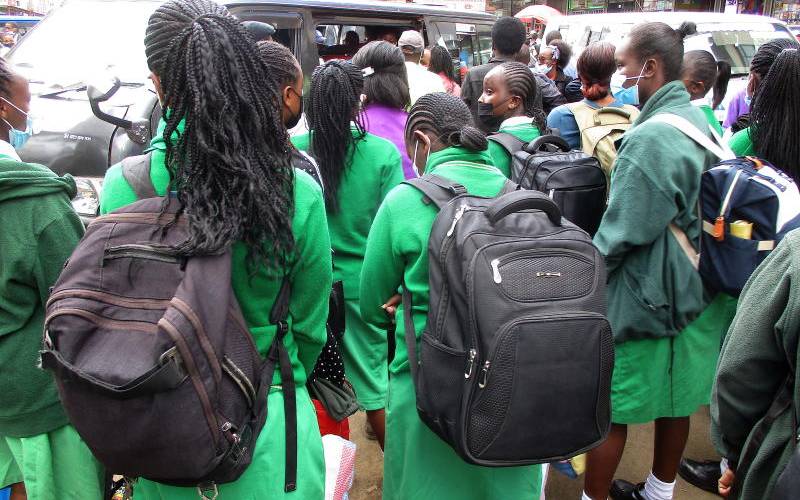During the Holidays? Last Thursday, I stood before a sea of outstanding graduating students at Zetech University’s campus in Ruiru, Kiambu County. It was their farewell dinner, just before they dispersed ahead of the official graduation scheduled for November 14. As I scanned the hall, packed to capacity, I saw something beautiful: hope. Their eyes sparkled with ambition, dreams, and the excitement of becoming. But as I concluded my keynote address, a sobering thought struck me: schools across the country are now closing for the long-awaited August holiday.
And with that, the bells fall silent.
But here’s the urgent question for every parent, teacher, religious leader, and even every online content creator in Kenya: When the school gates close, who is still responsible for parenting our children? This is not a rhetorical question. It is a national emergency.
We must remind ourselves of this truth: every child follows the path available to them. And in today’s Kenya, that path is lined with both golden bridges and dark alleys.
Let me be brutally honest. I was raised in a very religious family under the strict guidance of a preacher. But even that couldn’t prevent me from experimenting with drugs when I was young. I wasn’t inherently rebellious. I was just left unsupervised during crucial moments, and curiosity took over. What saved me was a later intervention that might have happened sooner if more people had been watching.
This is why I speak with both sorrow and hope. Too many children still face these dangers, especially during school holidays. Parenting isn’t solely the responsibility of biological parents. Teachers, clergy, matatu crews, TikTokers, and even bar owners, we all influence the minds and morals of our youth, whether we realize it or not.
Interior CS Kipchumba Murkomen’s call to restrict alcohol near schools was not a coincidence; it was a response to increasing underage drinking and drug abuse. Today, children access bhang and synthetic drugs more easily than mentors. Between 2023 and 2025, NACADA found that over 430,000 youth aged 15–24 had tried marijuana. Add vapes, shisha, and pills sold on Telegram and Instagram, and the problem becomes clear. Unsupervised parties now often serve as gateways to abuse, crime, and mental health issues.
According to a 2024 Ministry of Health study, 43 percent of teen mental health referrals occurred during school holidays. That is not a coincidence; it is due to parental absence.
Modern neuroscience confirms what African wisdom has long known: a child’s brain stays under development until about age 25. This means structured, value-driven parenting isn’t optional; it’s biologically necessary. However, we now face a dangerous wave of what I call “narrative confusion.” Too many young people believe success must come instantly. They chase fame over character. They suffer from generational inflation, overestimating themselves, combined with impatience and misplaced entitlement.
Where do we stand as parents? Have you checked your child’s phone today? Do you know what influences are shaping them online?
We must urgently rebuild the village it takes to raise a child. At home, let us establish structured schedules this holiday. Enroll them in youth programs that develop character, not just academic skills. Let them learn through music, art, and mentorship. Let grandparents share their legacy. Let our religious institutions go beyond sermons to structured activities.
Guide with kindness, not suspicion. Mentor with thoughtfulness, not force. Be truly present, not just close by.
This August, be present. Whether you’re a teacher or an influencer, you’re guiding someone.
As Proverbs 22:6 reminds us, “Train up a child in the way he should go, and when he is old, he will not depart from it.” That training starts now, not someday.
Because in truth, we are not just raising children. We are raising the future. And if we lose them, we lose everything.
Think Green, Act Green!


